Rise Up Girl Leaders Combat Child Marriage in Malawi
Program
Highlights
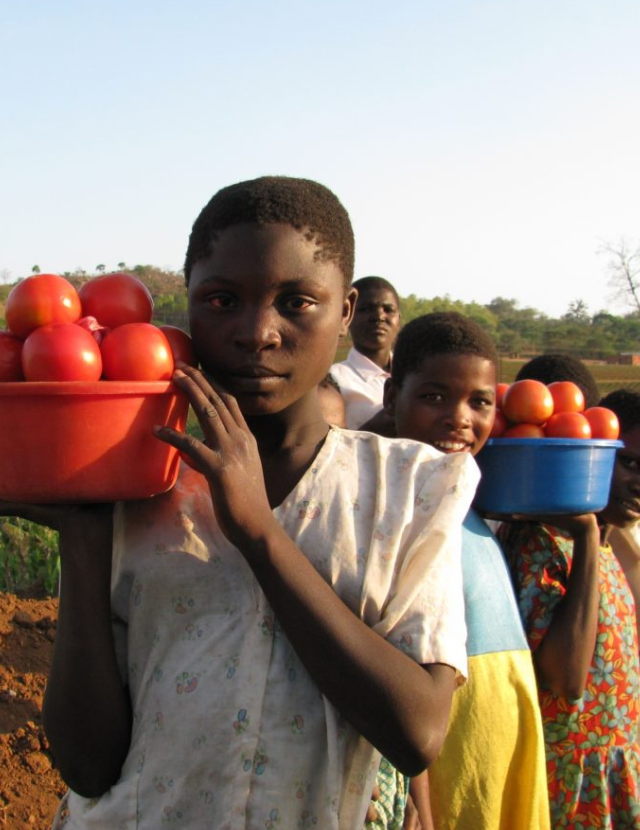
In Malawi, PHI’s Rise Up works alongside visionary local leaders and organizations working to advance gender justice—improving opportunities for girls, increasing their access to quality health and family planning services and empowering them to advocate for gender equity and end child marriage in their communities.
150K+ Adolescent girls protected from child marriage thanks to new legislation, bylaws and policies passed
4K Girls reached through 200 gender advocacy clubs formed by ENGAGE girl leaders
733 Girl leaders trained in advocacy, leadership and public speaking
-
Focus Areas
Capacity Building & Leadership, Women, Youth & Children -
Issues
Reproductive & Sexual Health -
Expertise
Leadership Development, Public Policy Advocacy
In 2015, Malawi passed a law setting 18 as the legal minimum age for marriage—thanks in part to Rise Up Girl Leaders, who worked with village chiefs and traditional leaders to mobilize their communities and advocate successfully for a national ban on child marriage. In 2017, the country then implemented an amendment to close a legal loophole that allowed children between the ages of 15 and 18 to marry with parental consent.
Yet despite these landmark policy advances, the practice of child marriage remains a significant issue. For example, in the country’s southern remote rural region, rates of child marriage average 44% with girls being married off as early as 10 years old.
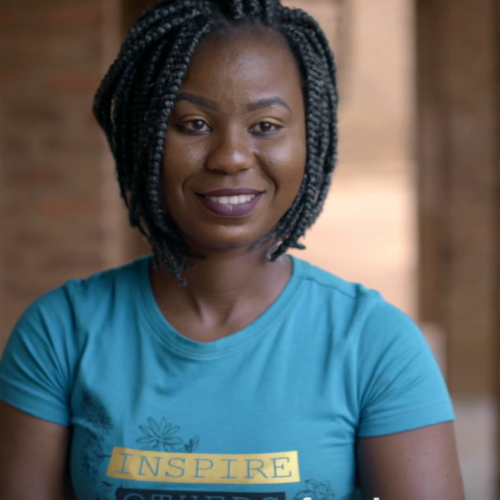
It was something we worked hard for, and then the law was passed. It was freedom for the young girls.Tassie
Rise Up Girl Leader
PHI’s Rise Up leads the Enabling Girls to Advance Gender Equity (ENGAGE) initiative, which builds on the program’s existing work to amplify the voices of Malawian women and girls and invest in health, rights and community power. ENGAGE trains local leaders and organizations and amplifies the solutions they put forward to combat child marriage in Phalombe and Thyolo, two districts in southern Malawi.
ENGAGE partners include the Girls Empowerment Network of Malawi (GENET), ETR’s Youth Tech Health (YTH) Initiative, Youth Net and Counseling (YONECO) and the International Center for Research on Women (ICRW), with funding from the Bill and Melinda Gates Foundation.
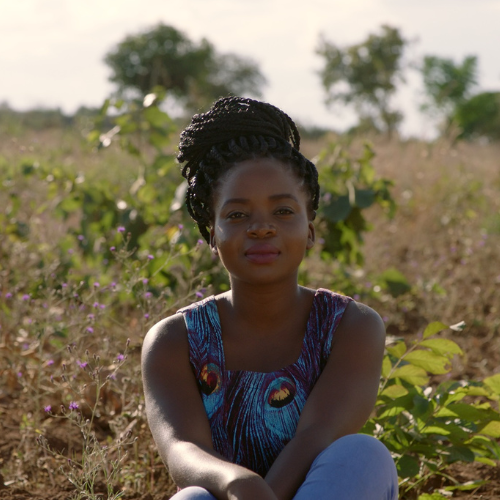
We have to make sure gender equality is being promoted everywhere in the world. And to promote that, it needs us women to rise up.Memory
Rise Up Girl Leader
The project uses a multi-pronged approach that empowers vulnerable adolescent girls to increase their autonomy and decision-making agency, advances more gender equitable social norms, and builds civil society capacity to hold decision-makers accountable for ending child marriage. Specific ENGAGE activities include:
- Civil Society Leader Accelerator: ENGAGE civil society leaders participated in Rise Up’s intensive Leadership and Advocacy Accelerator and applied their new knowledge to launch their own girl-centered advocacy strategies to create innovative solutions that decrease the incidence of child marriage and increase girls’ access to education.
- Girls’ Empowerment: ENGAGE girl leaders raised their voices and increased their decision-making agency to help end child marriage through GENET’s intensive camp and six-month long girls’ empowerment and leadership training. They applied their new knowledge to launch girl clubs in their communities that mobilize thousands of girls to speak out for their rights, end child marriage, and improve girls’ education, health, and development.
- Girls’ and Women’s Rights Amplifier: ENGAGE also built broader support for girls’ education and rights among men and boys, traditional and religious authorities, and government officials through an SMS (texting) and mass radio campaign led by Youth Tech Health. 1,000 people were reached through the SMS/radio campaign.
- Independent Evaluation: International Center for Research on Women (ICRW) conducted a rigorous mixed-method evaluation to test the effectiveness of these innovative interventions and to build an evidence base for effective strategies to reduce child marriage and advance gender equity.
Through ENGAGE, 773 girl leaders aged 15 -17 received comprehensive training in advocacy, leadership and public speaking. Girl leaders then established approximately 200 clubs with over 4,000 girls for ongoing support to advocate for their education, health and autonomy.
Rise Up also trained 36 leaders from 26 local civil society organizations in girl-led advocacy and leadership and provided them with grants and technical support to implement eight advocacy projects. Rise Up Leaders engaged stakeholders, held community leaders accountable to local bylaws and conducted additional activities to create and maintain the interpersonal, institutional and cultural support needed to end child marriage.
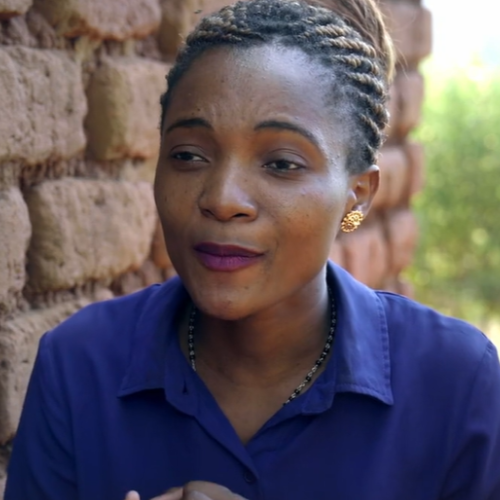
We had a motto. Our motto is: No one can speak for us, we will speak ourselves.Emmanuella
Rise Up Girl Leader
Amplifying Girls’ Voices, Advancing Solutions
Through ENGAGE, Rise Up Leaders successfully advocated for the creation of new and improved bylaws, implementation guidelines and curricula benefitting 150,000 adolescent girls.
In 2016, under the Obama Administration, Rise Up was selected by former First Lady Michelle Obama as a strategic partner in the White House’s “Let Girls Learn” initiative, recognizing the power of ENGAGE to end child marriage and enable more Malawian girls to finish school.
Thanks to the continued effort of ENGAGE girl advocates, in 2018 the Phalombe Senior Chief in Chiwalo raised the minimum marriage age from 18 to 21 in his jurisdiction.
Other successes included expanding girl childcare, protecting all in-school and out-of-school girls from being forced into marriage, formalizing a sexual harassment reporting system to ensure all girls can easily report and police can effectively respond to cases of sexual harassment and assault, and implementing a policy that allows teenage mothers to return to school without discrimination and prejudice.
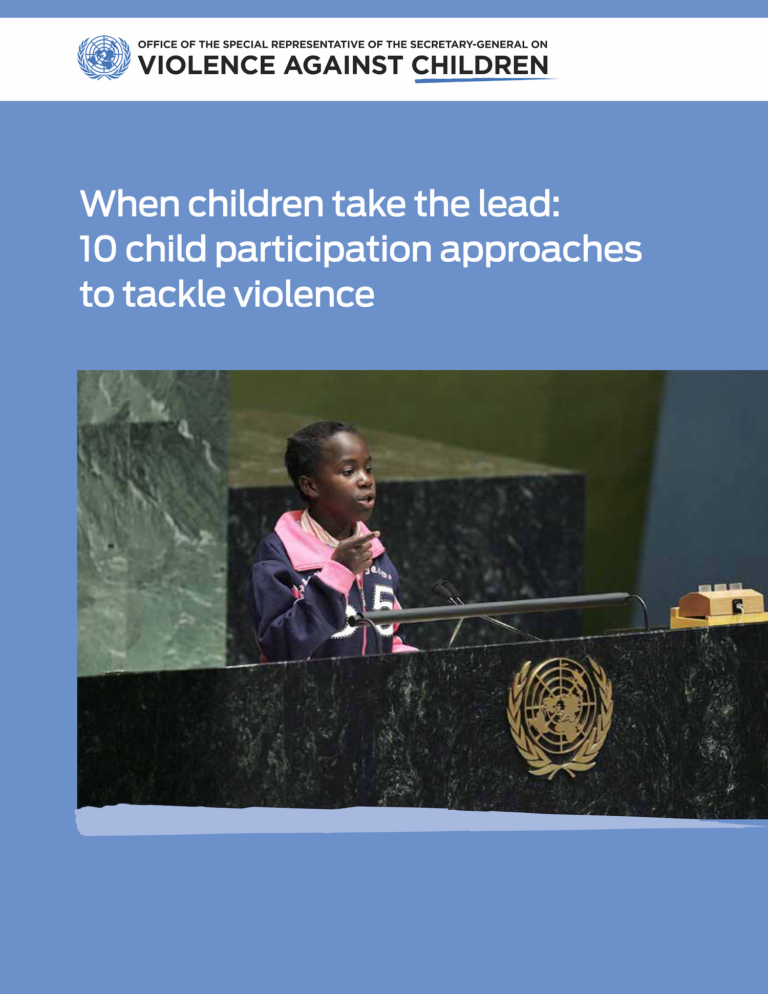
UN Report Highlights Rise Up’s Success Working with Girls in Malawi
PHI’s Rise Up is highlighted in When Children Take the Lead, a 2020 UN report created by the Office of the Special Representative of the United Nations Secretary-General on Violence Against Children. In a series of case studies, the report analyzes how civil society organizations, nonprofits, and governments can successfully engage children as active participants in advocating for their rights. The report showcases Rise Up’s work with girls in Malawi and Guatemala to prevent child marriage and sexual violence as examples of successful child-led advocacy.
A six year mixed-methods evaluation, led by project research partner ICRW, helped to measure ENGAGE’s impact on key outcomes related to attitudes and norms around child marriage, sexual and reproductive health and rights and other practices, especially given the unexpected realities of the COVID-19 pandemic. Around three-quarters of survey participants across the program reported that COVID had resulted in fewer girls accessing education, increased rates of adolescent pregnancy and higher rates of child marriage.
Despite the limitations imposed by the pandemic, ENGAGE resulted in statistically significant improvements in beliefs about girls’ rights to make decisions about whom and when to marry. In communities where ENGAGE leaders were active, researchers found a reduction in both normative and empirical expectations that most girls in the community marry before the age of 18.
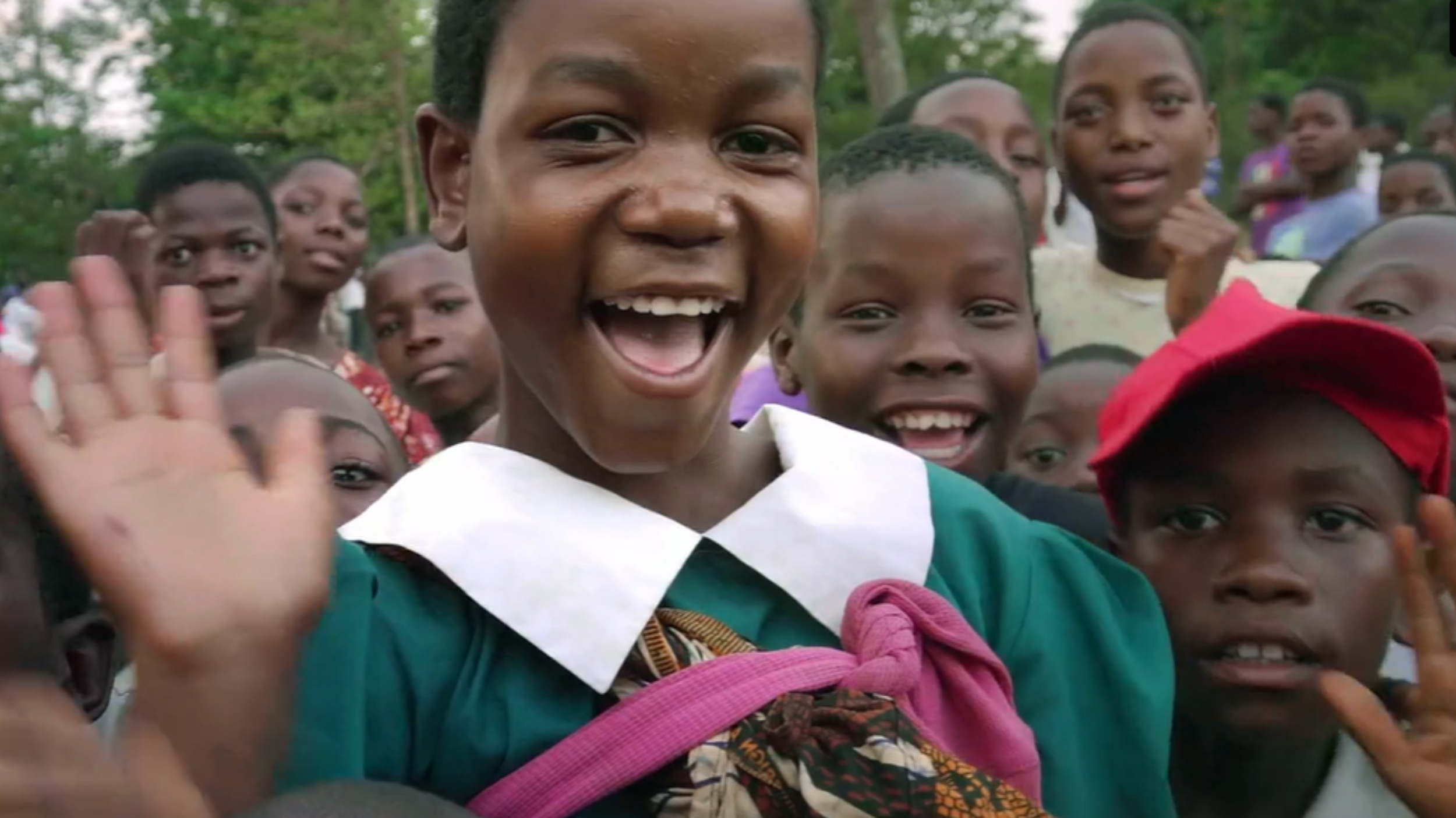
Watch: Rise Up Leaders Faith Phiri and Memory Banda work to mobilize women and girls to enact change in their communities surrounding child marriage and harmful sexual practices. In partnership with Rise Up, Faith and Memory continue to empower girls to raise their voices to end child marriage and harmful traditions so that all Malawian girls can achieve their full potential.
Work With Us
You change the world. We do the rest. Explore fiscal sponsorship at PHI.
Support Us
Together, we can accelerate our response to public health’s most critical issues.
Find Employment
Begin your career at the Public Health Institute.
